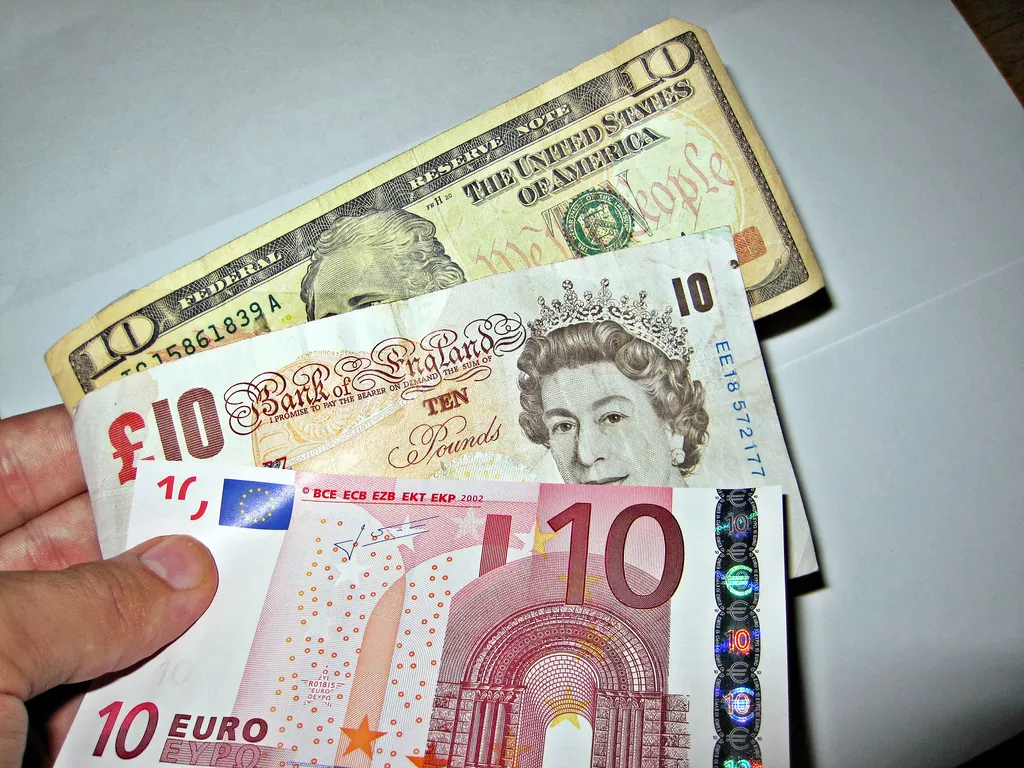Asian equities fell for a second consecutive day, alongside a decline in bond markets, as traders reassess expectations for Federal Reserve rate cuts for the remainder of the year. The MSCI AC Asia Pacific Index dropped as much as 1.1%, driven by losses in Australian and Japanese markets, while Chinese equities struggled to gain momentum. This follows a period of gains in U.S. equities, which recently reached record highs, leading to a retreat from nearly overbought conditions.
On Monday, the yield on 10-year Treasuries surged by 11 basis points to 4.20%, spurred by comments from Kansas City Federal Reserve President Jeffrey Schmid, who advocated for a more cautious approach to interest rate reductions amid uncertainty over the appropriate level of cuts. Meanwhile, bond prices in both Australia and New Zealand experienced declines.
Kieran Calder, head of equity research at Union Bancaire Privee in Singapore, noted that the prospect of a slower pace of rate cuts could bolster the dollar while generally posing challenges for Asian equities.
The bond market’s downturn can be attributed to several factors, including worries about supply and robust economic data from the U.S., according to Chris Weston, head of research at Pepperstone Group Ltd. Additionally, uncertainty surrounding the upcoming U.S. elections is influencing market behavior, with traders anticipating a potential “Red Sweep” that could see Republicans secure both the White House and Congress.
A victory for Donald Trump could reignite fears that his endorsement of expansive fiscal policies and high tariffs may exacerbate the federal deficit and drive inflation, negatively impacting Treasuries.
Torsten Slok, chief economist at Apollo Global Management, pointed out that the likelihood of the Federal Reserve keeping interest rates steady in November is increasing as the U.S. economy remains resilient.
In a significant week for Asia’s stock markets, the region is poised for its busiest initial public offering (IPO) schedule in over two years, as companies seek to raise capital ahead of the U.S. election. Notably, Hyundai Motor India Ltd. is set to debut in Mumbai on Tuesday, having raised $3.3 billion in what is now the largest IPO in South Asia’s history. Meanwhile, Tokyo Metro Co. is preparing for its $2.3 billion listing on October 23.
Calder remarked that subdued U.S. markets are typically not favorable for Asia, especially given the number of IPOs slated for this week, which will test both retail and institutional demand.
In China, traders are closely watching the government’s efforts to stimulate growth in its faltering economy. Central Huijin Investment Ltd., part of China’s sovereign wealth fund, recently issued bonds, pushing its local debt sales this year to unprecedented levels. On Monday, Chinese banks lowered their benchmark lending rates following a central bank easing in September, as part of measures to counter a downturn in the housing market.
Jim Caron, CIO of Morgan Stanley Investment Management Portfolio Solutions Group, emphasized on Bloomberg TV that the critical question remains how effectively the stimulus will translate into improved financial conditions that foster sustainable demand growth.
In Japan, traders are also focused on the upcoming elections, with support for Prime Minister Shigeru Ishiba’s ruling coalition appearing to wane, raising concerns of a potentially weakened government post-election.
Currency markets remain volatile, with the yen declining against the dollar overnight, nearing the 151 mark per dollar.
Related topics:


